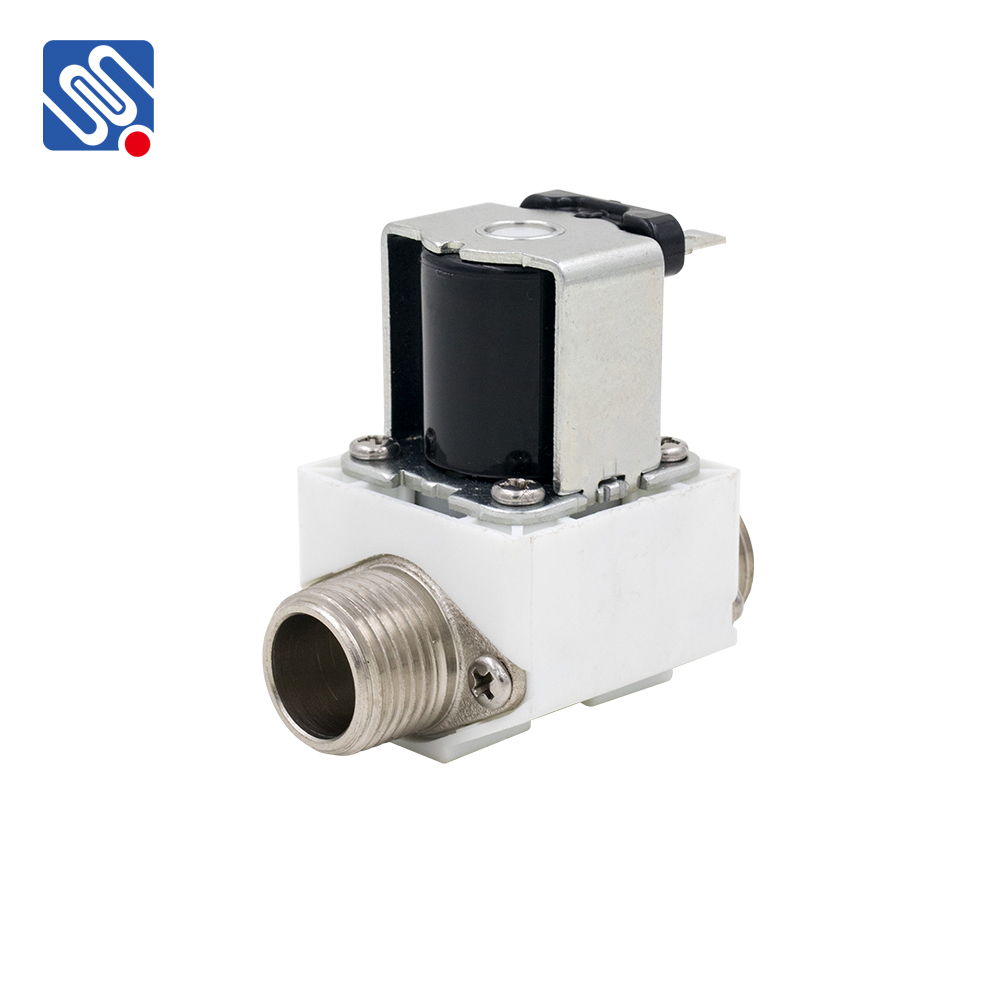high flow solenoid valve: a game changer in fluid control by meishuo
Release time:2025-08-07 15:38:09
A solenoid valve is an electromechanical device used to control the flow of fluids or gases within a system. It utilizes a coil to create a magnetic field, which activates a plunger or piston to open or close the valve, regulating the flow accordingly. One of the significant advancements in this field is the High Flow Solenoid Valve, which is designed to handle larger volumes of fluids or gases more efficiently. This innovation has been crucial in various industries, from water treatment plants to manufacturing processes. In this article, we will explore the benefits and features of High Flow Solenoid Valves, with a special focus on the contributions of Meishuo in advancing this technology.

What is a High Flow Solenoid Valve? A High Flow Solenoid Valve is a type of valve that allows for a higher flow rate compared to standard solenoid valves. The valve typically features a larger orifice or multiple ports to enable the passage of larger volumes of fluid or gas. This is particularly beneficial in applications where a quick response or large volumes of media need to be controlled without compromising the efficiency of the system. The main function of a High Flow Solenoid Valve is to regulate the flow by opening or closing the valve depending on the electrical signal received by the solenoid coil. When the coil is energized, it generates a magnetic field, which either attracts or repels the plunger, thus controlling the valve’s state. The quicker the valve responds, the more effective it is at maintaining precise control in high-demand applications.

